Detecting and Addressing Flickering Lights
Flickering lights in your home can be more than just a nuisance; they may indicate underlying electrical issues that could pose a safety risk. Understanding the causes of flickering lights and how to address them is essential for maintaining a safe and comfortable home environment. This guide explores common reasons for flickering lights and provides solutions to correct this issue.
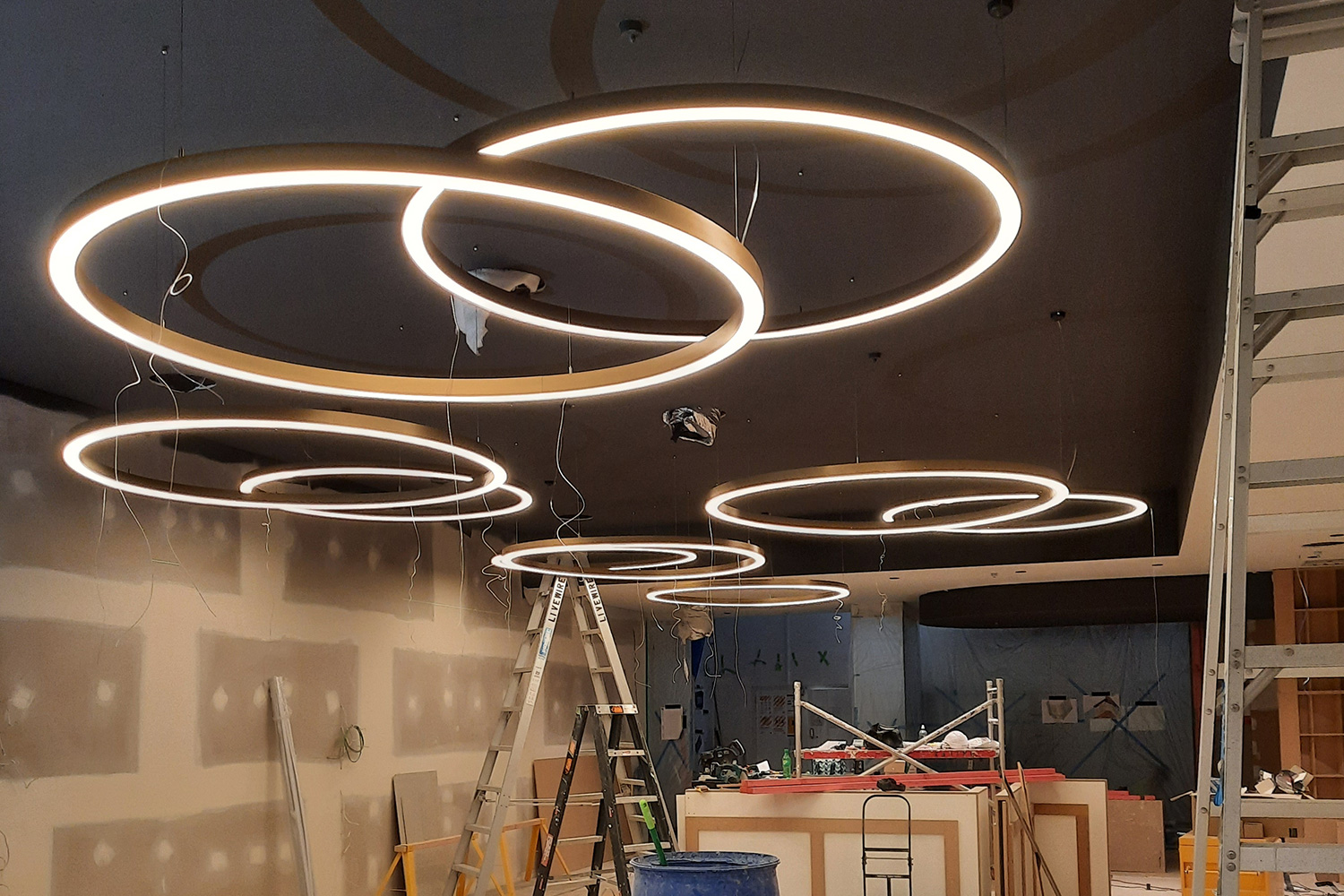
Common Causes of Flickering Lights
Loose Light Bulbs
The simplest cause of flickering lights is a loose bulb. Ensure bulbs are securely screwed into their sockets.
Faulty Light Switches
A malfunctioning light switch can lead to intermittent flickering. Replacing the switch may resolve the issue.
Voltage Fluctuations
Large appliances turning on and off can cause temporary voltage fluctuations in your home’s electrical system, leading to flickering lights.
Overloaded Circuits
When too many devices are connected to a single circuit, it can become overloaded, causing lights to flicker. Evaluating the distribution of your electrical load can help alleviate this problem.
Faulty or Outdated Wiring
Old, damaged, or poorly installed wiring is a more serious cause of flickering lights and can pose a significant fire risk.
Steps to Address Flickering Lights
Check and Tighten Light Bulbs
Before considering more complex issues, check if the flickering light bulb is simply loose and tighten it if necessary.
Inspect the Light Switch
If flickering is isolated to one room or set of lights, investigate the light switch. Replace the switch if it appears to be the source of the problem.
Monitor for Voltage Fluctuations
Pay attention to when the flickering occurs. If it coincides with the operation of large appliances, you may need to redistribute your home’s electrical load or install dedicated circuits for heavy-duty appliances.
Evaluate Circuit Load
Ensure that your home’s circuits are not overloaded by too many devices. Consider redistributing electrical devices or upgrading your electrical panel to provide additional capacity.
Consult a Professional for Wiring Issues
If you suspect the flickering lights are due to outdated or damaged wiring, it’s crucial to consult a licensed electrician. Wiring issues can be complex and dangerous, requiring professional assessment and repair.
Upgrade Your Electrical Panel if Necessary
In homes with older electrical panels, upgrading to a modern panel can resolve issues with flickering lights and prevent potential safety hazards.
Preventive Measures
Regular Electrical Inspections: Having a licensed electrician conduct regular inspections of your electrical system can help identify and resolve issues before they lead to problems like flickering lights.
Upgrade Electrical Systems: For older homes, upgrading electrical wiring, fixtures, and the panel can improve safety and functionality, reducing the likelihood of issues such as flickering lights.
Flickering lights can range from a minor inconvenience to a symptom of serious electrical problems. By identifying the cause of flickering and addressing it promptly, homeowners can ensure the safety and comfort of their living environment. When in doubt, or when dealing with complex electrical systems, always seek the assistance of a professional electrician to conduct repairs and upgrades safely.
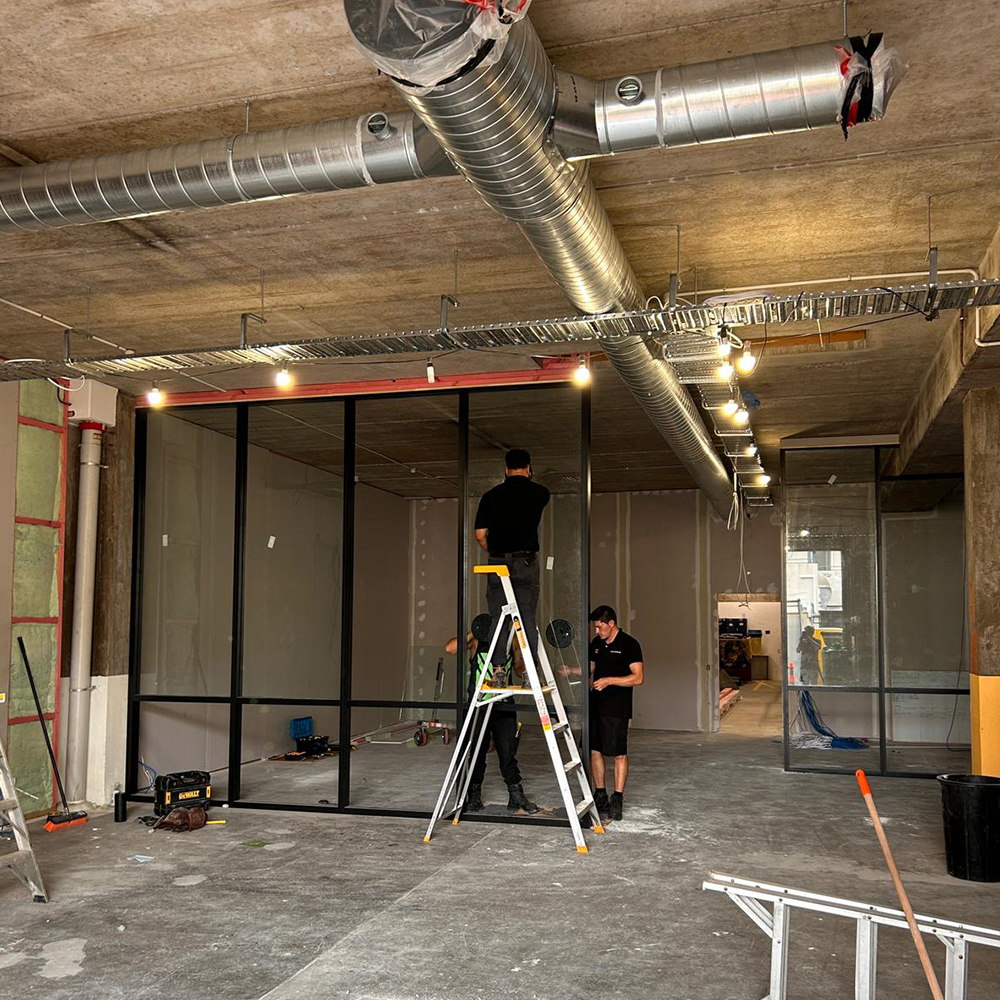
Understanding Your Home’s Electrical System
Learn the basics of how your home’s electrical system works, including the roles of circuits, breakers, and panels, and why they are critical to your safety.

Inspecting Outlets and
Switches
A step-by-step guide to checking outlets and switches for signs of wear, damage, or malfunction, ensuring they operate safely and efficiently.

The Importance of Grounding in Your Electrical System
Discover why proper grounding is essential for preventing electrical shocks and how to ensure your system is correctly grounded.

Surge Protection: Safeguarding Your Electronics
Learn how surge protectors can prevent damage to your electronics from sudden spikes in electrical voltage and how to choose and use them effectively.
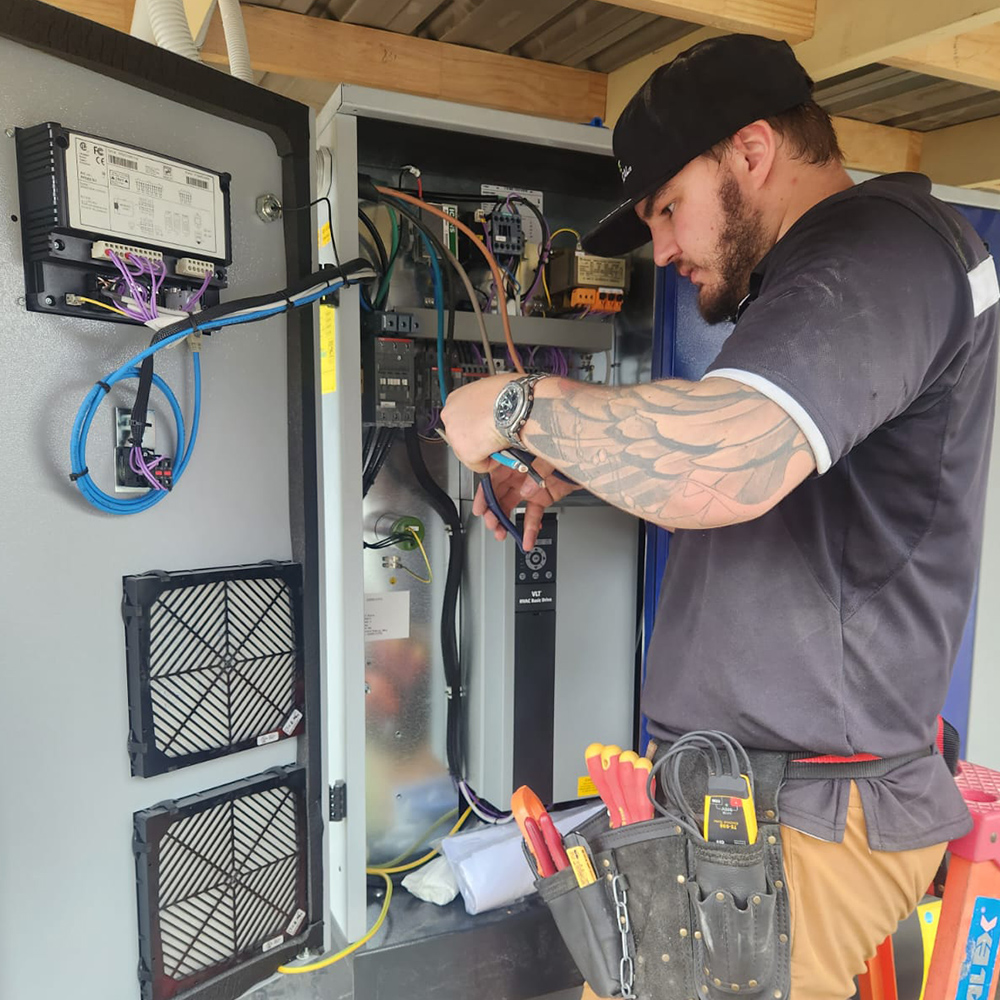
Extension Cord Safety:
Dos and Don’ts
Tips on selecting, using, and maintaining extension cords to avoid overheating and potential fire hazards.
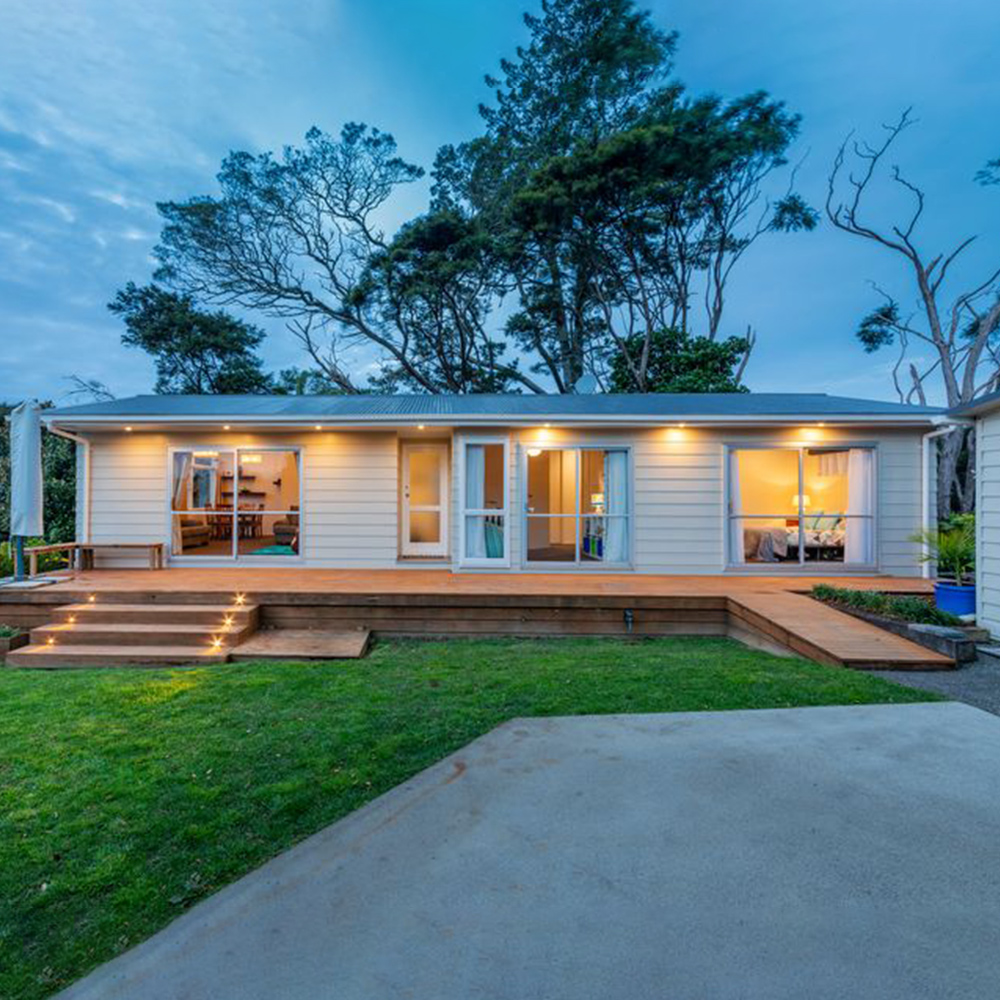
Regular Maintenance of Your Electrical Panel
Understand the importance of regular checks and maintenance for your electrical panel to prevent overloaded circuits and potential fire risks.
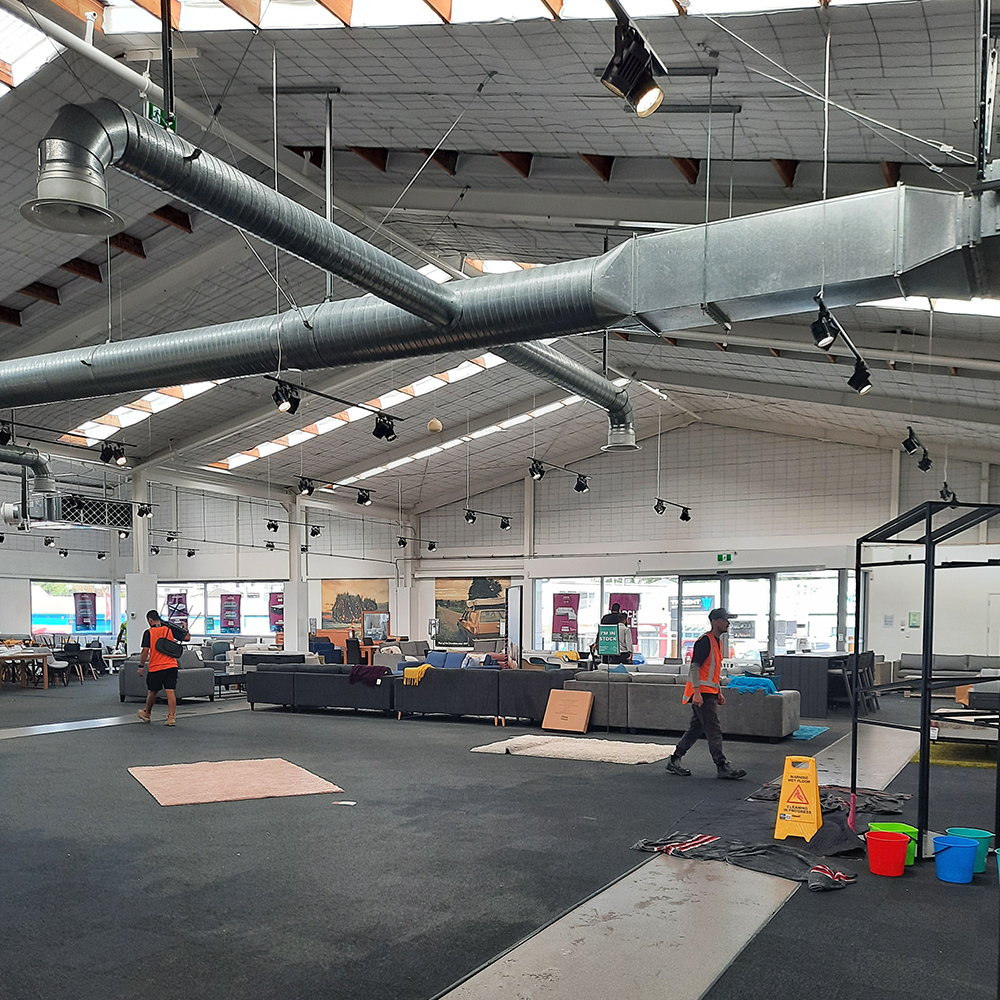
Detecting and Addressing Flickering Lights
Investigate the causes of flickering lights and how to address them, whether it’s a simple bulb change or a sign of underlying electrical issues.
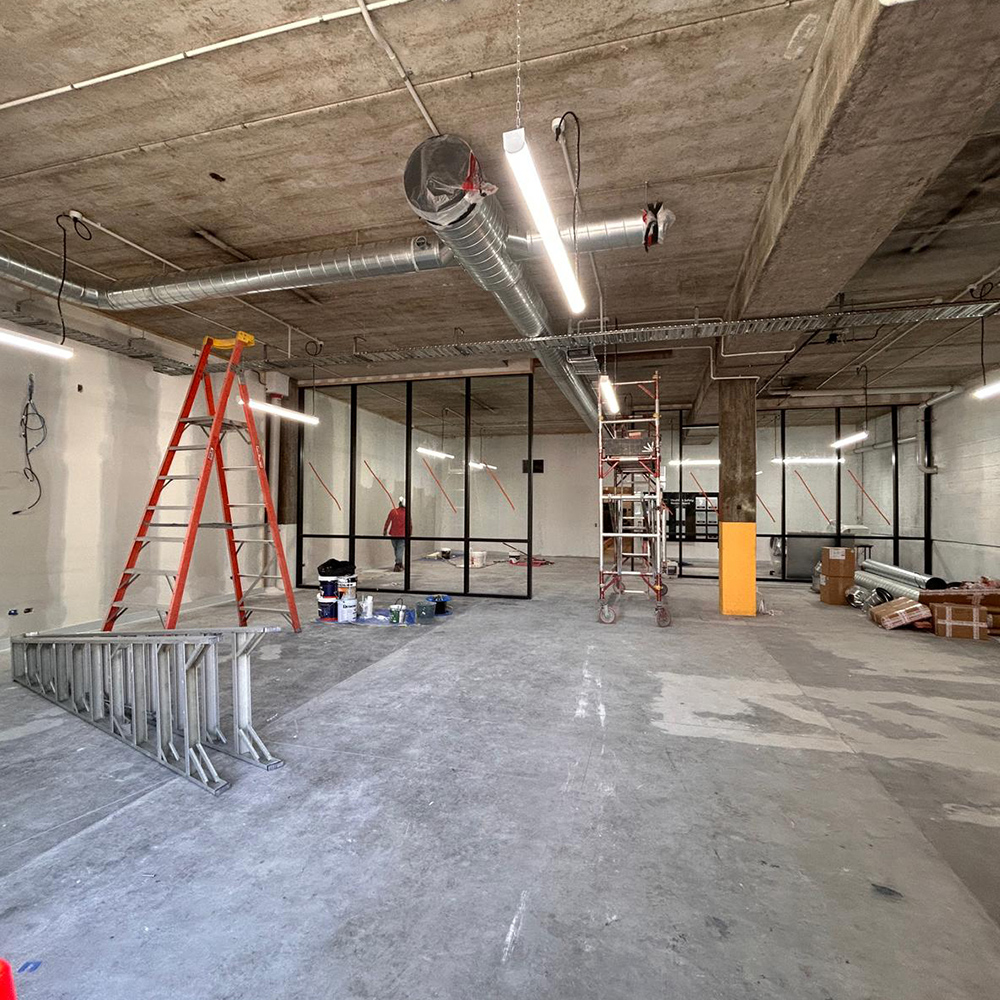
Safe Installation and Use of Appliances
Guidelines for installing and using household appliances to prevent electrical overloads and ensure efficient operation.
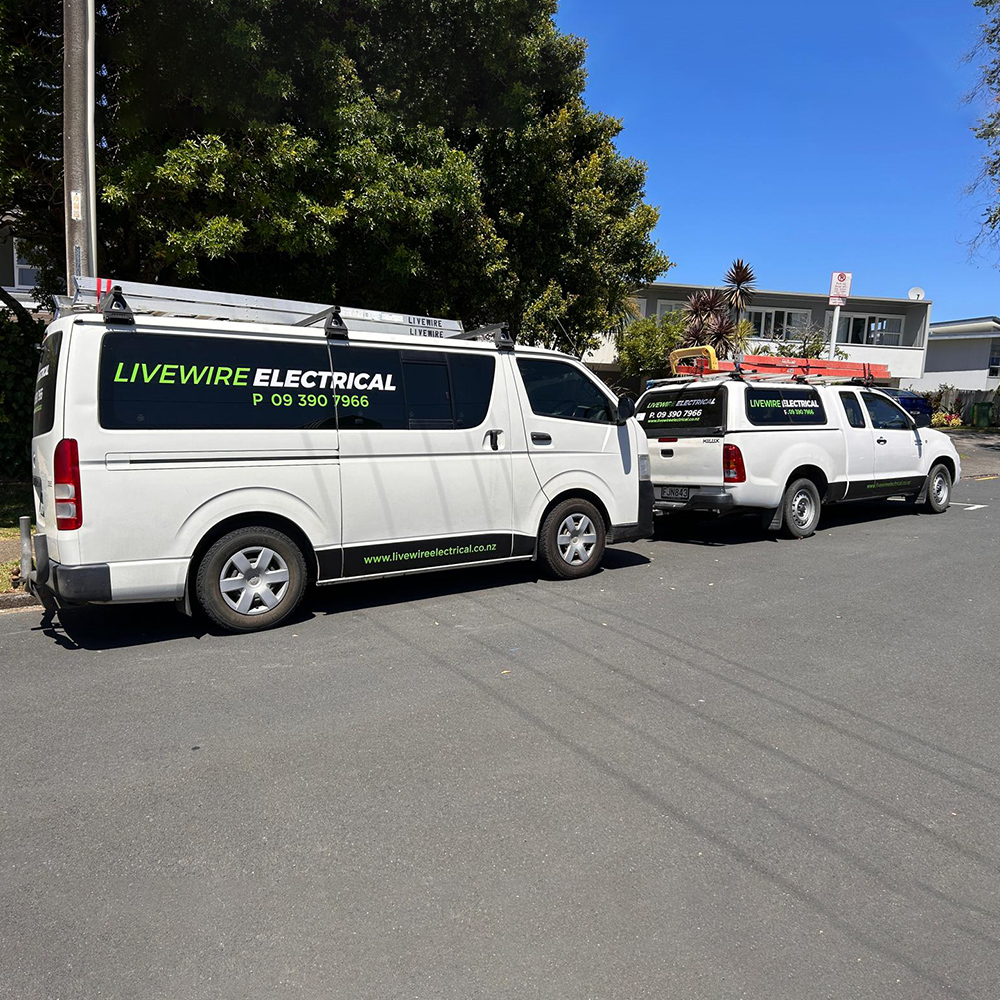
Childproofing Electrical Outlets and Devices
Strategies for keeping children safe from electrical hazards, including the use of safety caps and tamper-resistant (TR) outlets.
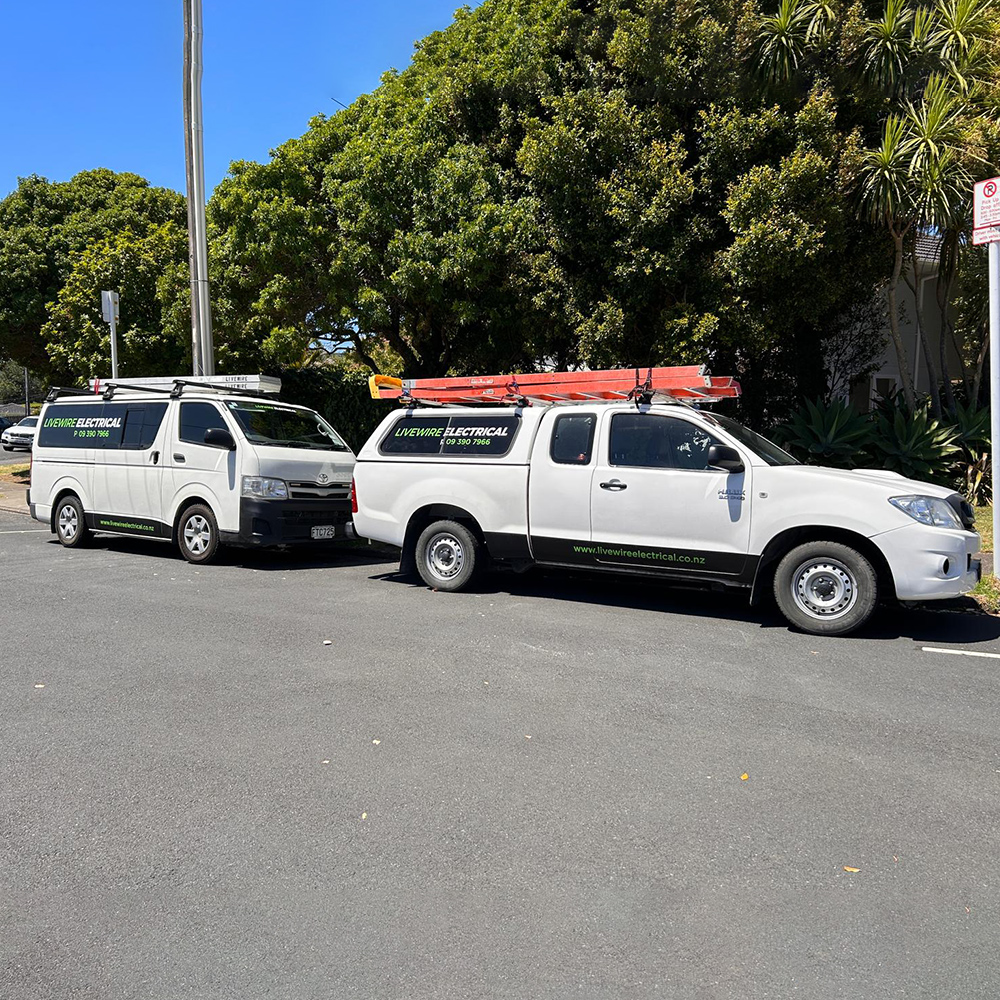
Hiring a Professional Electrician: When and Why
Recognize situations that require a professional electrician’s expertise to ensure the safety and integrity of your home’s electrical system.
